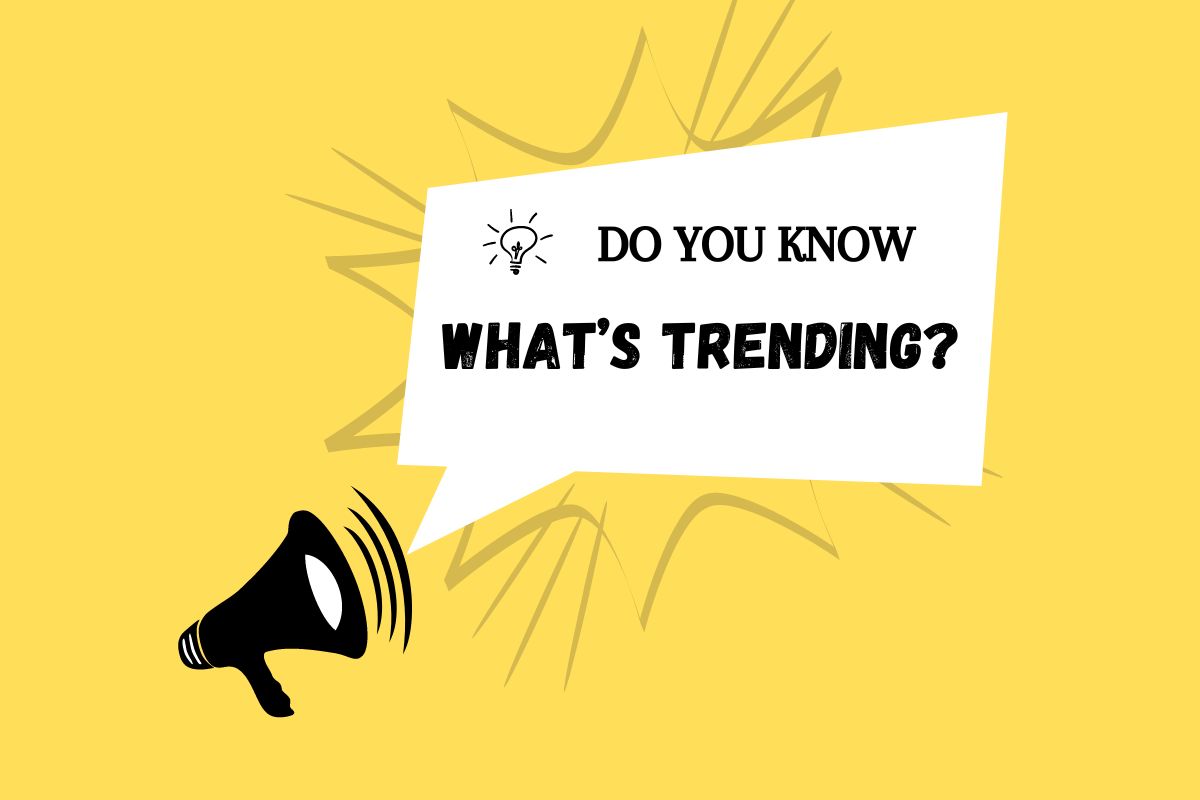2024 Betting Odds More Accurate Than Polling, Expert Says
In a thought-provoking revelation that’s capturing significant attention, Rutgers University Professor Harry Crane has asserted that betting odds provide a more reliable prediction of electoral outcomes than traditional polling methods. This insightful perspective was highlighted in an article and video segment on CNN Politics, and it has quickly become one of the most searched topics on Google today. For more information, you can refer to the news article on CNN Politics here.
Betting Odds vs. Polling: A New Paradigm
Professor Crane, an expert in probability and statistics, argues that prediction markets—where people place bets on the outcome of events—offer a singularly effective source of information for forecasting election results. He points out that these markets aggregate the collective wisdom and insights of a broad group of participants, which often yields a more accurate prediction than traditional polls.
“Polling has its place, but if you wanted a single best predictor,” says Crane, “one source of information to know what’s going on in the elections—it’s the prediction markets.”
The Mechanics of Prediction Markets
Prediction markets, also known as betting markets, operate by allowing participants to place bets on the occurrence of specific events, such as the outcome of an election. Unlike traditional polling, which relies on a sample of the population to gauge public opinion, prediction markets harness the collective intelligence of a larger, self-selected group of participants. This often results in more dynamic and immediate feedback on the likelihood of various outcomes.
Professor Crane emphasizes that these markets are particularly effective because they incorporate a wide array of information, including public sentiment, news events, and expert analysis. This amalgamation of data points often leads to more accurate predictions.
Historical Accuracy
The argument for the reliability of betting odds is not new. Historically, prediction markets have demonstrated a remarkable ability to forecast election results. For instance, in the 2008 and 2012 U.S. Presidential elections, prediction markets were more accurate than most major polling organizations. This trend continued in subsequent elections, further cementing the credibility of this method.
Implications for the 2024 Election
As the 2024 U.S. Presidential election approaches, this insight could have significant implications for both political analysts and the general public. If betting odds continue to prove more accurate than traditional polling, we may see a shift in how election forecasts are conducted and reported.
Professor Crane also warns that political parties should not become complacent based on favorable polling data alone. He specifically cautions Republicans against “spiking the ball” too soon, implying that betting odds should also be taken into account when strategizing for the upcoming election.
Reactions and Reviews
This revelation has sparked a variety of reactions from political analysts, academics, and the general public. Some see it as a validation of the increasingly popular prediction markets, while others remain skeptical of relying too heavily on betting data.
John Smith, a political analyst with over 20 years of experience, commented, “While prediction markets offer an interesting perspective, they should be considered as one of many tools in our analytical arsenal. Polling still provides valuable insights that should not be disregarded.”
On social media platforms, the topic has generated considerable buzz. Many users are intrigued by the idea that betting markets could potentially offer a clearer picture of election outcomes. Some have even suggested that media organizations should incorporate betting odds into their election coverage to provide a more comprehensive view.
The Role of Technology
The rise of technology has played a crucial role in enhancing the accuracy of prediction markets. Online platforms have made it easier for a larger number of people to participate in these markets, thus broadening the data pool and improving the overall reliability of the predictions.
Moreover, advanced algorithms and data analytics tools are now being used to analyze the vast amounts of data generated by these markets. This technological advancement has further boosted the accuracy of betting odds as a predictive tool.
Conclusion
The assertion by Professor Harry Crane that betting odds are more accurate than polling in predicting election outcomes is both intriguing and significant. As we move closer to the 2024 U.S. Presidential election, this insight could change the way we approach election forecasting. While traditional polling methods will undoubtedly remain important, the growing credibility of prediction markets cannot be ignored.
For more detailed information, you can refer to the news article on CNN Politics here.
As this topic continues to trend on Google, it will be interesting to see how it influences public perception and media coverage of the upcoming election. Whether you’re a political junkie or simply interested in the science of prediction, this development offers a fascinating glimpse into the future of election forecasting.

































